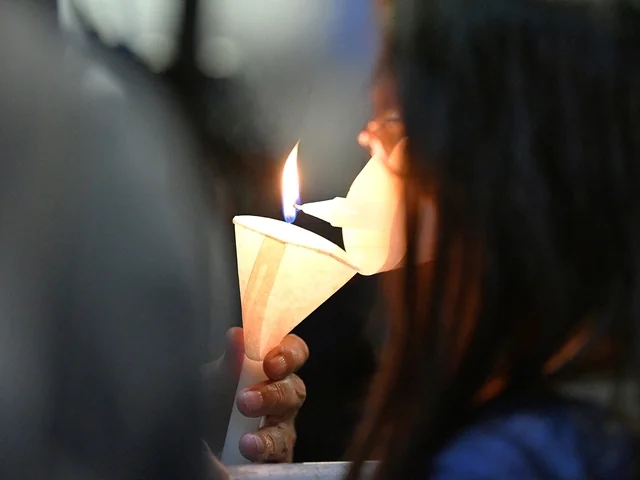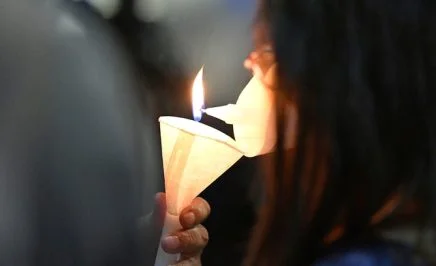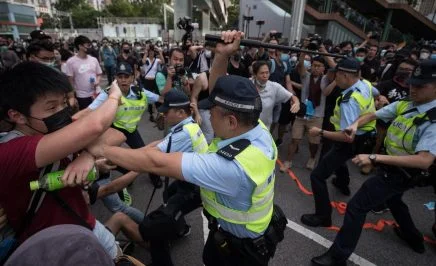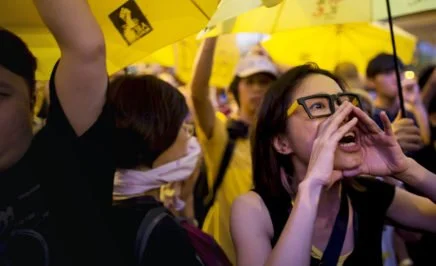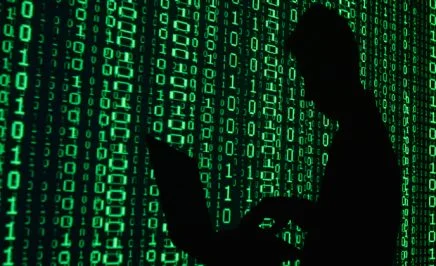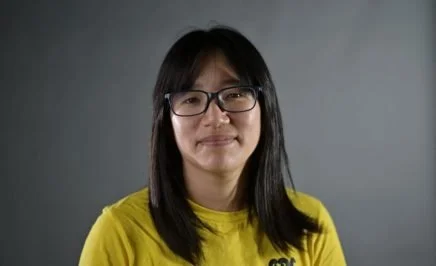Responding to the arrests of four people for “seditious intention and disorderly conduct” in Hong Kong in the lead up to the 34th anniversary of the Tiananmen crackdown, Amnesty International’s interim Deputy Regional Director for Research Montse Ferrer said:
“The Hong Kong government is once again using colonial-era ‘sedition’ charges to enable its crackdown on freedom of expression as it attempted to stop people commemorating the horrific events of 4 June 1989.
“But the fact that Hongkongers continue to mark the Tiananmen crackdown, despite the ever-growing risks, lays bare the futility of the authorities’ attempts to enforce silence and obedience.
“The Hong Kong government’s shameful campaign to stop people marking this anniversary mirrors the censorship of the Chinese central government and is an insult to those killed in the Tiananmen crackdown.”
Amnesty International’s interim Deputy Regional Director for Research Montse Ferrer
“All those arrested simply for exercising their right to freedom of expression should be immediately released, and the Hong Kong police must refrain from targeting others who try to peacefully mark this important anniversary. Commemorating the Tiananmen crackdown is not a crime.”
Background
Eight people were detained near Hong Kong’s Victoria Park on Saturday 3 June for what police described as “displaying protest items loaded with seditious wordings, chanting and committing unlawful acts”.
Two of those detained have since been released, but the four arrested for “seditious intention and disorderly conduct” could face up to two years in prison.
Those arrested include two people who had held aloft pieces of paper saying, “personal commemoration, hunger strike for 8964.34 seconds” (referencing the year, date and anniversary of the crackdown) and holding flowers. Another arrested, an artist, had reportedly chanted, “Don’t forget June 4! Hong Kong people, don’t be afraid of them!”
Every year on 4 June since 1990, up to hundreds of thousands of people joined a candlelight vigil in Hong Kong’s Victoria Park to remember those killed during the Tiananmen crackdown.
They called on the Chinese authorities to reveal the truth about what happened and take accountability for the fatalities. The vigil was banned in 2020 and 2021, ostensibly on Covid-19 grounds.
Last year authorities closed parts of Victoria Park citing potential “illegal activities”. This year it was “unavailable” due to the hosting of an outdoor market organized by pro-Beijing groups, including those sponsored by the Chief Executive and former and current members of China’s National People’s Congress.
The organizer of the past vigils, the Hong Kong Alliance in Support of Patriotic Democratic Movements of China, was forced to disband in September 2021 after coming under increasing pressure since the enactment of Hong Kong’s national security law in June 2020. Several of its senior figures, including human rights lawyer Chow Hang-tung, have been prosecuted under “inciting subversion” charges for their peaceful activism.
The Alliance is one of numerous prominent civil society organizations or political groups forced to close after being targeted by the Hong Kong police on national security grounds.
Every year the vigil in Hong Kong featured a recorded message from the Tiananmen Mothers, family members of those killed, who are still seeking a full government account of the deaths, lawful compensation and investigation of criminal responsibility.
Hundreds – possibly thousands – of people were killed in and around Beijing’s Tiananmen Square on 4 June 1989 when Chinese troops opened fire on students and workers who had been peacefully calling for political and economic reforms as well as an end to corruption. Tens of thousands were arrested across China in the suppression that followed. Many were charged with counter-revolutionary crimes and served very long prison sentences following unfair trials.
Regularly since 1989, activists in mainland China have been detained and charged with “subversion” or “picking quarrels” if they commemorate those who were killed, call for the release of prisoners or criticize government actions during the Tiananmen crackdown.
